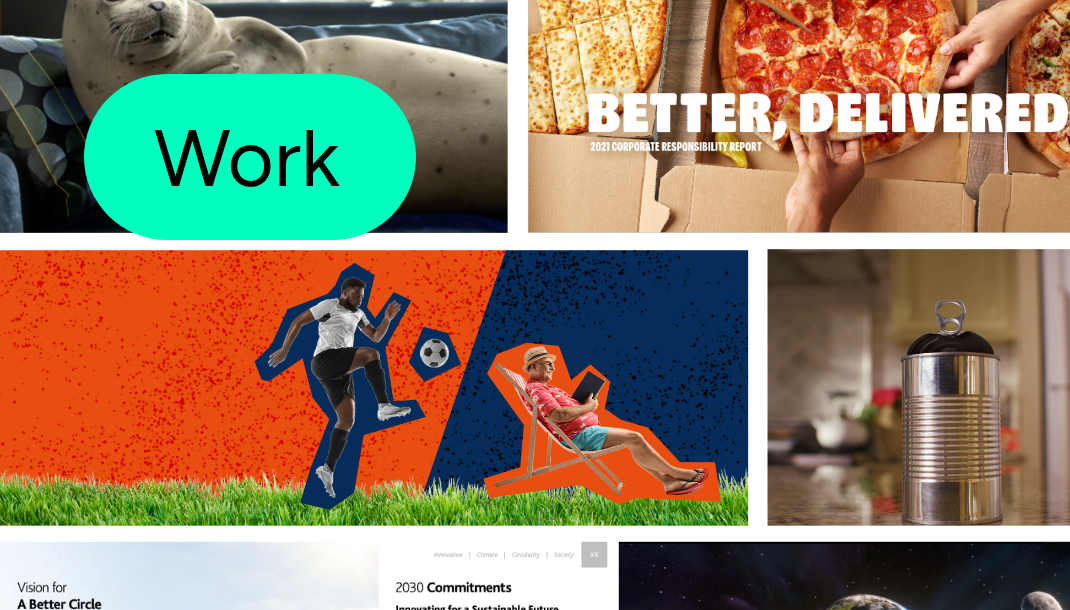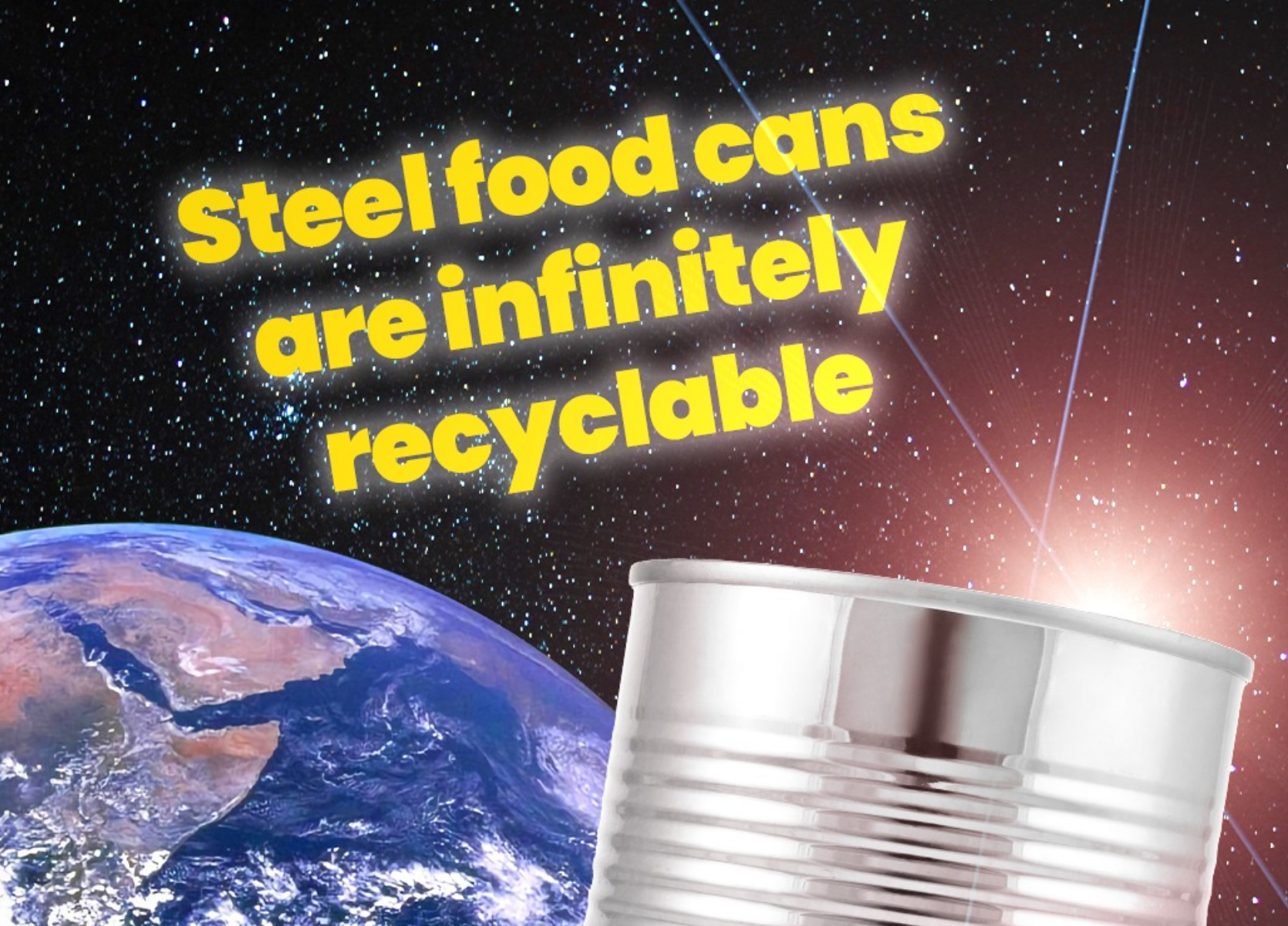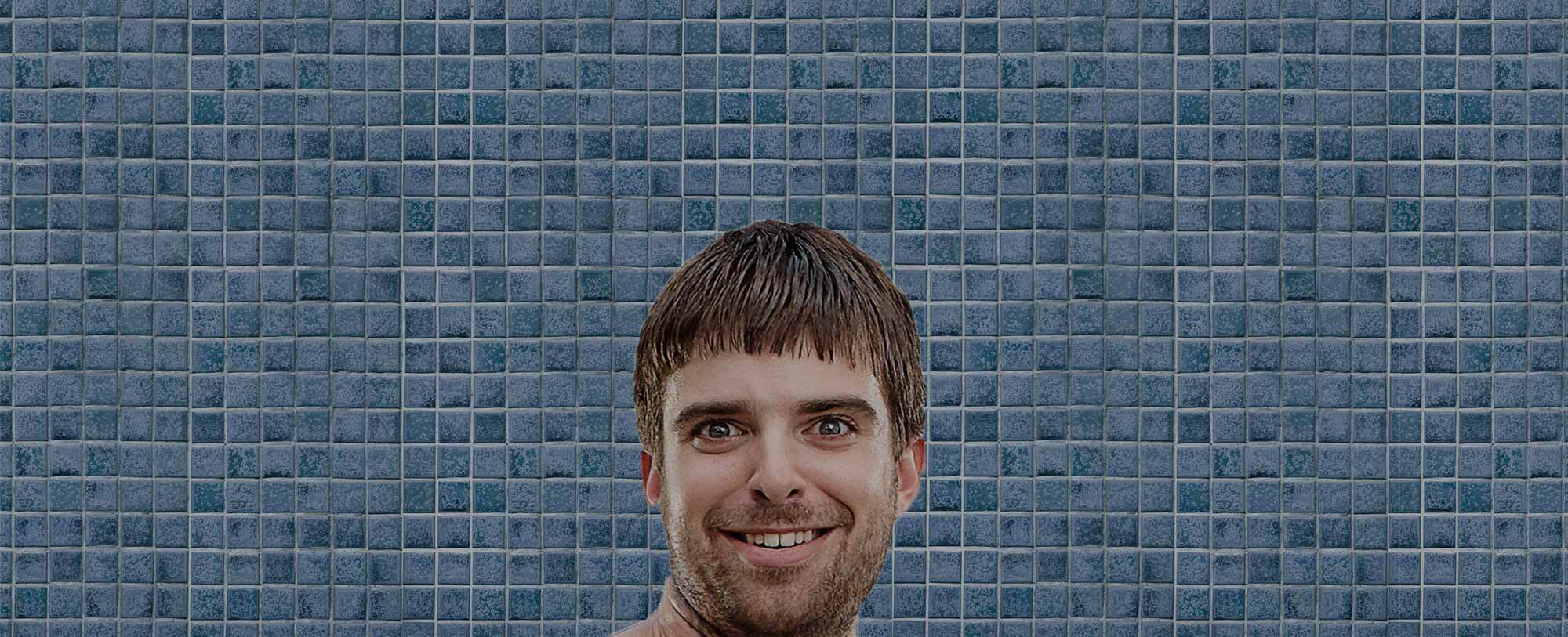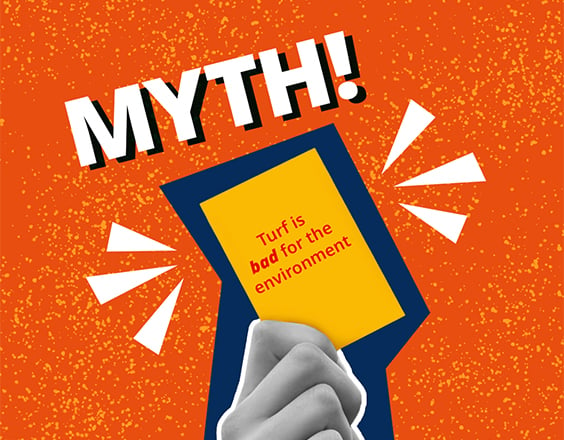We've been doing sustainability communications since before there was such a thing as sustainability communications.
We are sustainability communications and marketing specialists, working at the intersection of science and storytelling.
We help businesses unlock value from doing the right thing. We translate decarbonization strategy, environmental progress and disclosure into market advantages through language and action that build reputational value, drive brand preference, improve sales and investor outcomes, and attract and retain employees.
Part of the world’s leading sustainability consulting firm, ERM, we were shaping behavior and driving change long before “sustainability communications” was ever typed into a Google search field. It is this legacy, coupled with our deep market insights and exceptional communications craft, that differentiates us from the pack — and delivers impact for our clients.
Winning hearts and minds—and changing them too
View All Case Studies
Drive your business outcomes with the right agency outputs — including market insights and white space identification, compelling positioning narratives, ESG reporting, sales enablement tools and highly creative cross-channel campaigns that drive reputation and sales.
Explore what we do
Learn what people believe and expect on a wide range of people and planet topics via our nearly 20 years of ongoing consumer surveys. We can unpack what it all means for positioning your organization as one that people will want to buy from, work for and invest in.
Learn how we think
Build sustainability communications strategies and stories that stand out and cut through the noise. Get the credit you deserve for driving positive impact.
See how we solve
A unique kind of sustainability agency — and then some:
Founded in 1991, we’ve been focused on sustainability communications since 2005. Today our team of researchers, creatives and account experts specialize in winning sustainability communications. In a crowded market of greenwashers, greenhushers and greenwishers, you can count on us to articulate and amplify real sustainability stories with authenticity, creativity and impact. Because when you tell a better story, you can build a better planet — and a better business.





